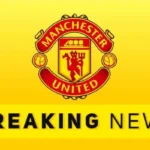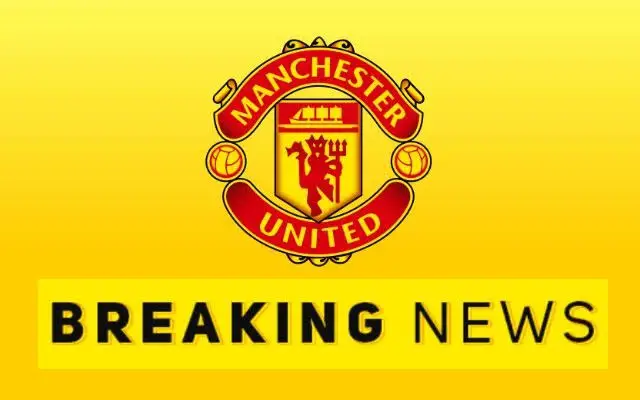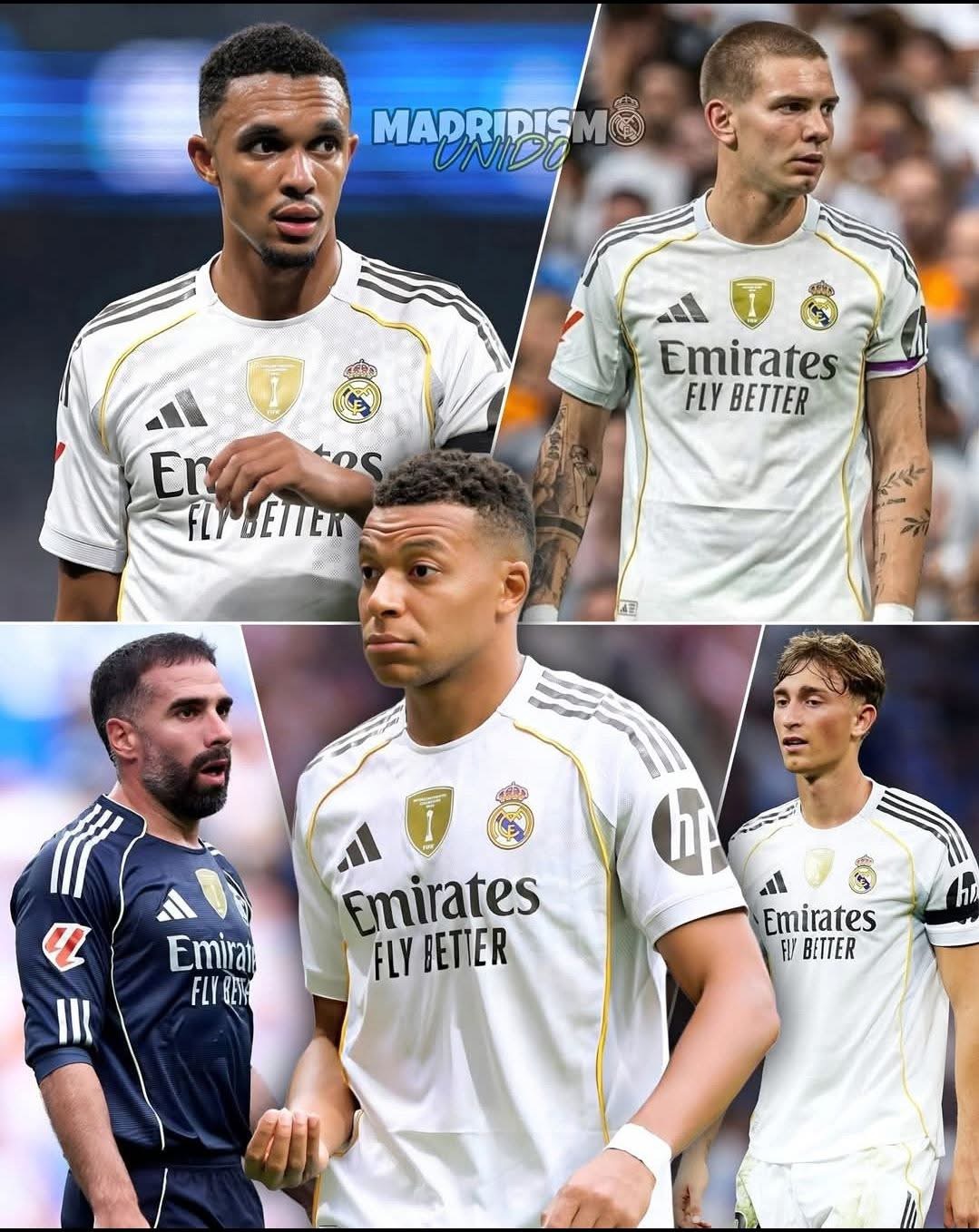Manchester United’s decision to include a 50% sell-on clause in Mason Greenwood’s transfer to Marseille is proving to be one of their most strategic moves in recent years. This clause ensures that, should Marseille ever decide to sell the English forward in the future, half of the transfer fee would go directly to United. It’s a financial safeguard that keeps the Premier League giants tied to a player who was once considered one of their brightest academy prospects.
Reports suggest that several clubs were ready to splash huge sums to sign Greenwood last summer, but Marseille refused to let him go. Their decision wasn’t just about holding onto a key performer — it was a statement of belief in the 24-year-old’s talent and long-term potential. Greenwood has shown flashes of brilliance since arriving in Ligue 1, blending creativity, pace, and technical finesse that make him a nightmare for defenders. Marseille clearly view him as an asset that could become even more valuable in the near future.
From United’s standpoint, the sell-on clause serves as a long-term investment strategy. Despite the circumstances surrounding his departure, Greenwood remains a player with immense potential. By retaining a large percentage of his future transfer value, United are effectively betting on his career resurgence. Should he continue to develop and earn a big-money move to another European giant, the financial return for United could be substantial — possibly tens of millions of pounds without lifting a finger.
For Marseille, the focus is not immediate profit but footballing impact. They’ve shown faith by resisting offers and building a team around his abilities. Greenwood’s performances could be crucial in their push for domestic titles and European competition success. The club’s patience may well translate into both sporting and financial rewards, especially if the player’s market value continues to rise.
In a broader sense, this deal reflects how modern football clubs are combining sporting vision with business intelligence. For United, it’s about learning from past experiences — ensuring that talent developed at Carrington still benefits the club, even after moving on. For Marseille, it’s a statement of intent to nurture and elevate players rather than selling prematurely. In the end, both clubs stand to gain, and Greenwood himself has the platform to remind the football world of the immense promise he once showed.



